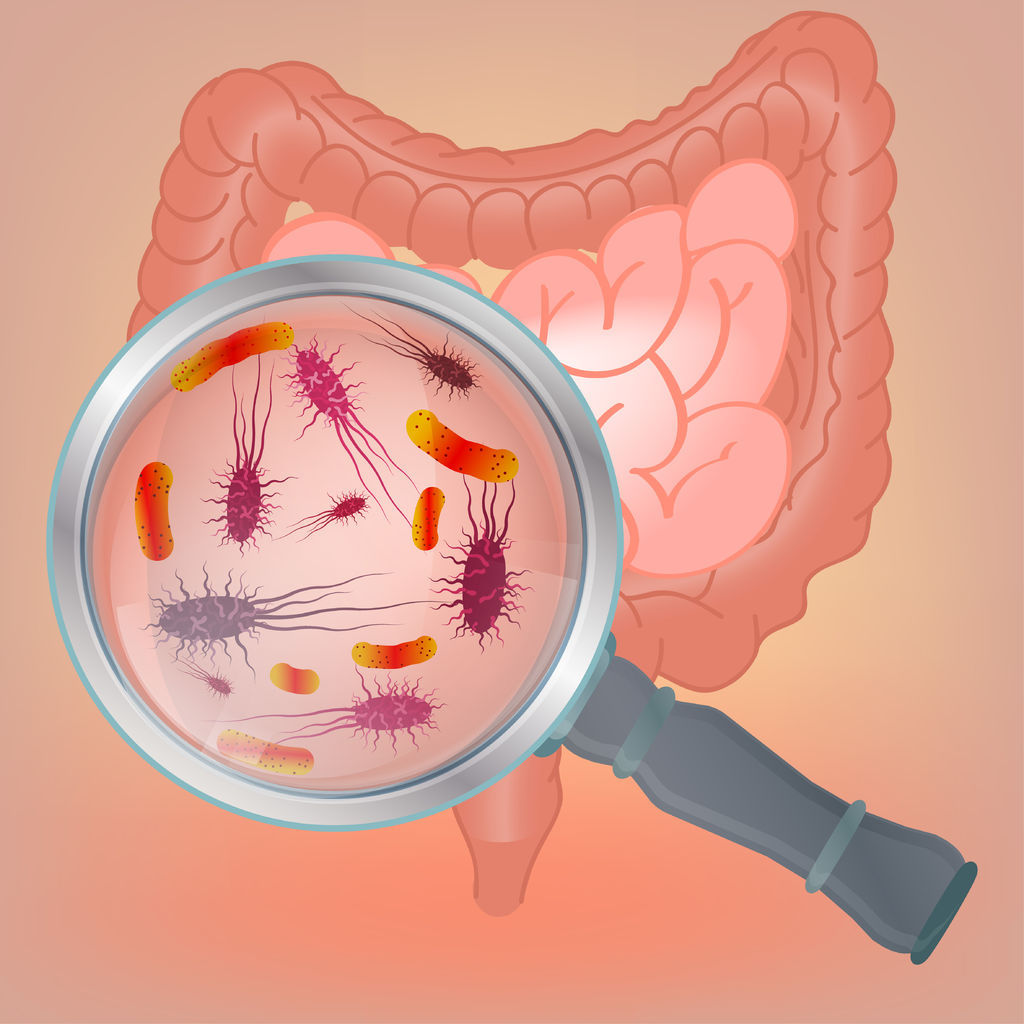What is the difference between prebiotics and probiotics

Probiotics and prebiotics have an essential role in maintaining the health of the body. Where they are, what they use and how best to include them in the diet learn from the next article. In recent years, more and more studies have been made about the role that our billions of bacteria in the intestines play in maintaining our health. Besides improving digestion, they have been associated with low cholesterol levels, with the regulation of blood sugar, even with a better mental state. And there are ongoing studies that aim to show that these bacteria have an effect on whole body functioning, from colon cancer to Alzheimer's, and the results so far are promising. These are just some of the reasons why the probiotics in the pharmacy are so successful and the foods containing probiotics are so present on the supermarket shelves.
But there is something that most people do not know: To get the most out of the qualities of probiotics, you also need to eat prebiotics, a type of fiber that feeds probiotics. Here's what you need to know about probiotics and prebiotics, the differences between them and what they use. Probiotics are the good bacteria you've heard about in recent years. These are found in fermented products such as yogurt, pickles, kimchi, kombucha and are similar to those that inhabit the intestines. Probiotics restore the balance of intestinal flora and prevent harmful bacteria from causing problems such as inflammation, infection or intestinal problems leading to diarrhea or irritable bowel syndrome.
What Prebiotics Prebiotics are completely different from probiotics. Unlike these, prebiotics are not living organisms. Prebiotics are soluble, fermentable fibers that are not able to digest in the stomach. This allows them to smell through the intestines, where they are food for probiotics that are transformed, and with short chain fatty acids you have all the benefits to the body long after you eaten the last teaspoon of Greek yogurt. And yes, the food for good bacteria is essential, because without the right fuel, good bacteria can die or, worse, they can turn against you.
But mucus is the one that protects you from harmful bacteria, so you will be exposed to inflammation or even infection. What may not be so obvious is how to consume both. When it comes to probiotics, natural ones will always outperform syntetic variants for a very simple reason: good yoghurt, kefir, kumchi bacteria are in the pack, and until they get consumed, they can eat the carbohydrates and the sugar around them . Bacteria from food supplements do not have what they feed on, so they will most likely be dead before you get them. Also, natural sources of probiotics have a greater variety of bacteria than supplements, which is crucial for your health.
The number of bacteria is also important, but especially they are different, because they feed on different substances in your system. Like probiotics, prebiotics should reach your body through food, not supplements. Excellent sources of prebiotics include onions, garlic, beans, chicory, and cooked and chilled pasta, potatoes and rice. What you have to do is introduce some of them into your daily diet. Photo: 123rf.
.
Source : csid.ro
Views : 3118
Popular Article
- (photo) Nude becomes art.
Posted: 2018-03-17, 9755 views.
- The harmful effects of air conditioning on the skin
Posted: 2017-06-08, 8462 views.
- 3 causes of dyed hair discoloration
Posted: 2017-06-15, 8343 views.
- Why early puberty occurs in girls: symptoms, favors, diagnosis and treatment
Posted: 2017-10-24, 8185 views.
- Good or bad skin treatments in the hot season
Posted: 2017-06-07, 7914 views.
Recommendations
- (photo) Nude becomes art.
Posted: 2018-03-17, 9755 views.
- The harmful effects of air conditioning on the skin
Posted: 2017-06-08, 8462 views.
- 3 causes of dyed hair discoloration
Posted: 2017-06-15, 8343 views.
- Good or bad skin treatments in the hot season
Posted: 2017-06-07, 7914 views.
- Risks of practicing sports on hot days
Posted: 2017-06-12, 7497 views.
 4 effective ingredients in the fight against acne.
4 effective ingredients in the fight against acne. How to get rid of hiccups fast
How to get rid of hiccups fast The wheat bran diet: the secret of lost pounds as if by magic
The wheat bran diet: the secret of lost pounds as if by magic The recipe that will sweeten your soul this weekend!
The recipe that will sweeten your soul this weekend!  Is it dangerous or not to refreeze meat after thawing it?
Is it dangerous or not to refreeze meat after thawing it?  The unusual sign of diabetes indicated by saliva.
The unusual sign of diabetes indicated by saliva. What to drink to boost your immune system.
What to drink to boost your immune system. 10 foods that help you never age.
10 foods that help you never age. What actually happens in your body if you drink a cup of coffee for breakfast
What actually happens in your body if you drink a cup of coffee for breakfast 5 surprising benefits of chia seeds
5 surprising benefits of chia seeds